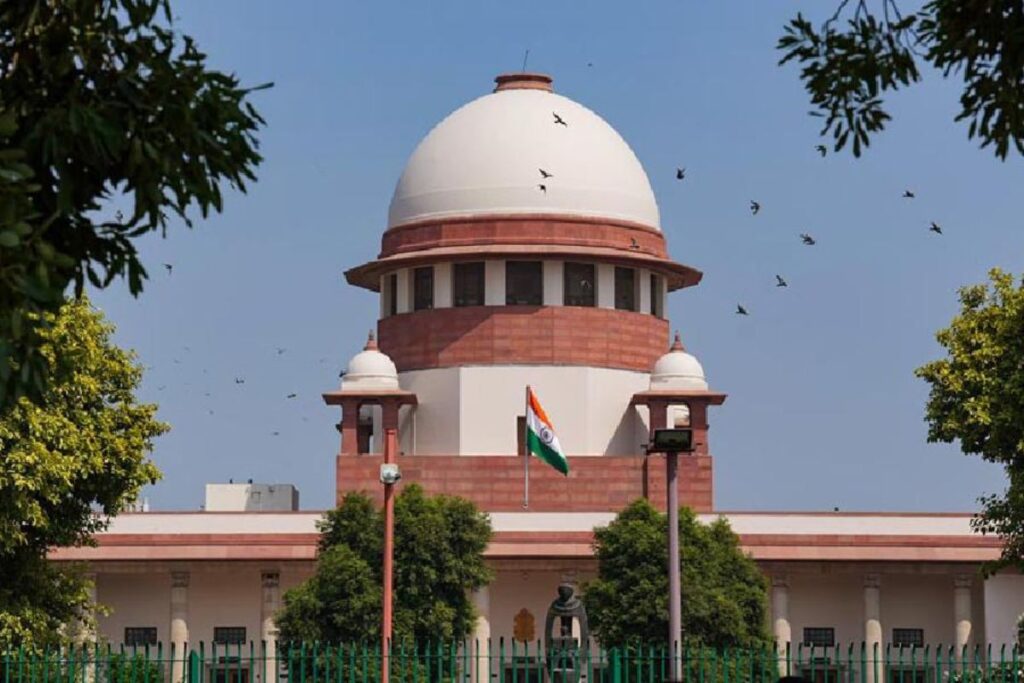Vidushi Vats
In a matter on January 4 2024, the Supreme Court expressed disapproval of the Calcutta High Court’s order reminding female adolescents about their responsibility to safeguard their bodily integrity, deeming it a miscommunication of signals.
The West Bengal government informed the Supreme Court about its appeal challenging the Calcutta High Court’s ruling, which advised adolescent girls to “control sexual urges” and encouraged young men to cultivate respect for women.
On December 8 2023, the Supreme Court had strongly criticized the High Court’s decision, labeling certain remarks as “highly objectionable and completely unwarranted.” The top court, having initiated a Sou Motu writ petition on the matter, emphasized that judges are not expected to engage in preaching within their judgments.
What was the judgment given by Calcutta High Court?
In the case Probhat Purkait @ Provat vs State of West Bengal, Case No: CRA (DB) 14 of 2023, the Division Bench of Justices Chitta Ranjan Dash and Partha Sarathi Sen of the Calcutta High Courtheard an appeal by a boy who was sentenced to 20 years in prison for the offence of sexual assault.
The High Court reviewed the legality and validity of a September 19th/20th, 2022 judgment, wherein the appellant faced convictions under Sections 363 i.e., kidnapping and 366 i.e., kidnapping, abducting or inducing woman to compel her marriage, of the Indian Penal Code, 1860, as well as Section 6 of the Protection of Children from Sexual Offences Act, 2012 (POCSO Act).
It acquitted the boy, asserting that the situation involved a “non-exploitative consensual sexual relationship between two consenting adolescents,” emphasizing that the victim’s age, while taken into account, does not impact the assessment of consent.
Furthermore, the court observed and asserted in paragraph 30.3 of the judgment that, “(every adolescent girl has a duty to) protect her right to integrity of her body; protect her dignity and self-worth; thrive for overall development of her self transcending gender barriers; control sexual urge/urges as in the eyes of the society she is the loser when she gives in to enjoy the sexual pleasure of hardly two minutes; protect her right to autonomy of her body and her privacy.”
What were the specifics of the Supreme Court’s order?
The apex court in the Suo Moto case In Re: Right to Privacy of Adolescent was headed by the bench of Justices Abhay S Oka and Pankaj Mithal. They observed, “Prima facie, we are of the view that while writing a judgment in such appeal, the Judges are not expected to express their personal views. They are not expected to preach.”
The bench reproduced the observations made in paragraph 30.3 of the High Court judgment and said, “In the appeal against conviction, the High Court was called upon to adjudicate only on the merits of the appeal and nothing else. But we find that the High Court has discussed so many issues which were irrelevant.”
They questioned the High Court on the principles it was employing under Section 482 of the Criminal Procedure Code while issuing such observations.
The Supreme Court later designated senior advocate Madhavi Divan as amicus curiae to aid the court, with advocate Liz Mathew appointed to assist the amicus.
The Bench has instructed the registry to schedule the writ petition and the Special Leave Petition (SLP) filed by the State on January 12, following approval from the Chief Justice of India.

